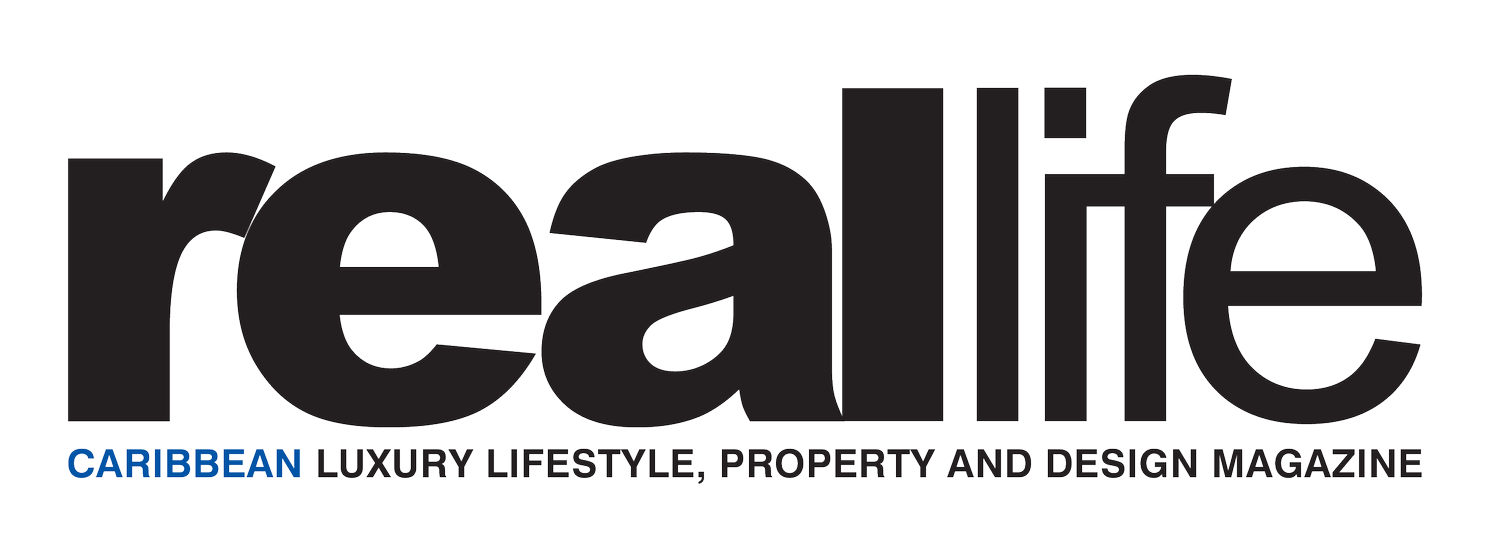
REAL REPORT | CHIPPING AWAY
REAL REPORT | CHIPPING AWAY
Words by Georgie Loxton, CFA, Founder, Liberty Wealth Partners
“Wealth consists not in having great possessions, but in having few wants.” — Epictetus.
It becomes clearer to me as I get closer to my mid-point in life (I may have gone past it already) that what drives us in the first half is probably not going to be what drives us in the second half.
Society tells us that if we work hard, play by the rules and fill our bank account, we will die happy. But Arthur Brooks, author of the book ‘Strength to Strength’, a guide on how to find meaning and fulfilment in the second half of life, asks the question, “Can the right formula for a happy life really be to add more and more until I die?”
We know both in our hearts and our heads that the answer to that is no. We know it is a false promise. So why do we continue to chase more and more? More money, more stuff, more power, more admiration. Perhaps the problem is that we are never given
an alternative – we need to replace that chase with something.
There has to be something else. Understanding satisfaction, Brooks says, is the key to a happy life. Here is how he explains it. Society tells us that the formula for satisfaction is simple:
Satisfaction = getting what you want
And we think that getting what we want comes from hard work and professional success.
Mick Jagger sang, “I can’t get no satisfaction” (he did try, try, try), but Brooks argues that it’s not so much that we can’t get it, but more that we can’t keep it. We get it, and then it goes.
So actually, it’s not about getting what you want, but about continually getting what you want:
Satisfaction = continually getting what you want.
But wait, it gets more complicated because it’s not just success that we chase; it’s relative success.
We only want to be a bit richer and a bit more successful than our neighbour. Even though we know it doesn’t make sense, the urge to have more than others tugs at us relentlessly. It’s an upstream swim that we face every day. To take the formula one step further:
Success = continually having more than others
And therefore:
Failure = having less
When we see it spelt out, we know that it is ridiculous, but without an alternative, we keep doing it. Brooks believes there is an alternative. We need to toss out those formulas, so full of empty promises, and we need a new equation.
Let’s play with this one:
Satisfaction = What you have / What you want
We have been too focused on the numerator, the top of the equation – the haves.
What we actually need to focus on is the wants, the denominator of the equation.
Brooks explains that we need a wants management strategy. Without one, we find that as our haves go up, our wants go up by more – if the denominator of the equation is going up, then satisfaction is going down, and we feel less happy.
“I have seen this a hundred times. Someone sees tremendous material success but feels less and less satisfied, the richer and more famous she gets. The Mercedes brings her less satisfaction at age fifty than the Chevy did at age thirty. Why? Because now she wants a Ferrari. She doesn’t even know what’s going on – she always just gets back on the treadmill and starts running, running, running.”
We need to stop managing our haves and start managing our wants.
In his book, Arthur talks about visiting a museum in Taiwan which houses the greatest collection of Chinese art and artifacts in the world. It was whilst he was there that he understood the difference between Western and Eastern art.
Western art starts with nothing – a canvas, say – and then adds to it – brush stroke by brush stroke. The artist keeps adding until the brush stroke does nothing more to the painting, and only then does she stop.
Eastern art, on the other hand, starts with something and chips away until the art is revealed. An Eastern sculpture of the Buddha started as an uncarved block of jade. The art always existed, but it was not visible until the artist took away the stone that was not part of the sculpture.
The first half of our life is usually a canvas, but at some point, in our 40s or early 50s, the canvas is full. The next brush stroke does nothing. It adds nothing.
In the second half of our lives, we need to work not at adding things to our lives but at taking things away. “We need to chip away at the jade boulder of our lives until we find ourselves.”
Could it really be that happiness in life boils down to something so simple? That satisfaction comes from ensuring that our wants keep falling instead of rising.
My experience backs this up. I have spoken to hundreds of people over the years about money and life, and I have yet to meet anyone who, in their second half, has scaled back, downsized, simplified, and not been happier, more satisfied and content with their life.
To learn more, visit www.libertywealth.ky
To learn more, visit www.libertywealth.ky
